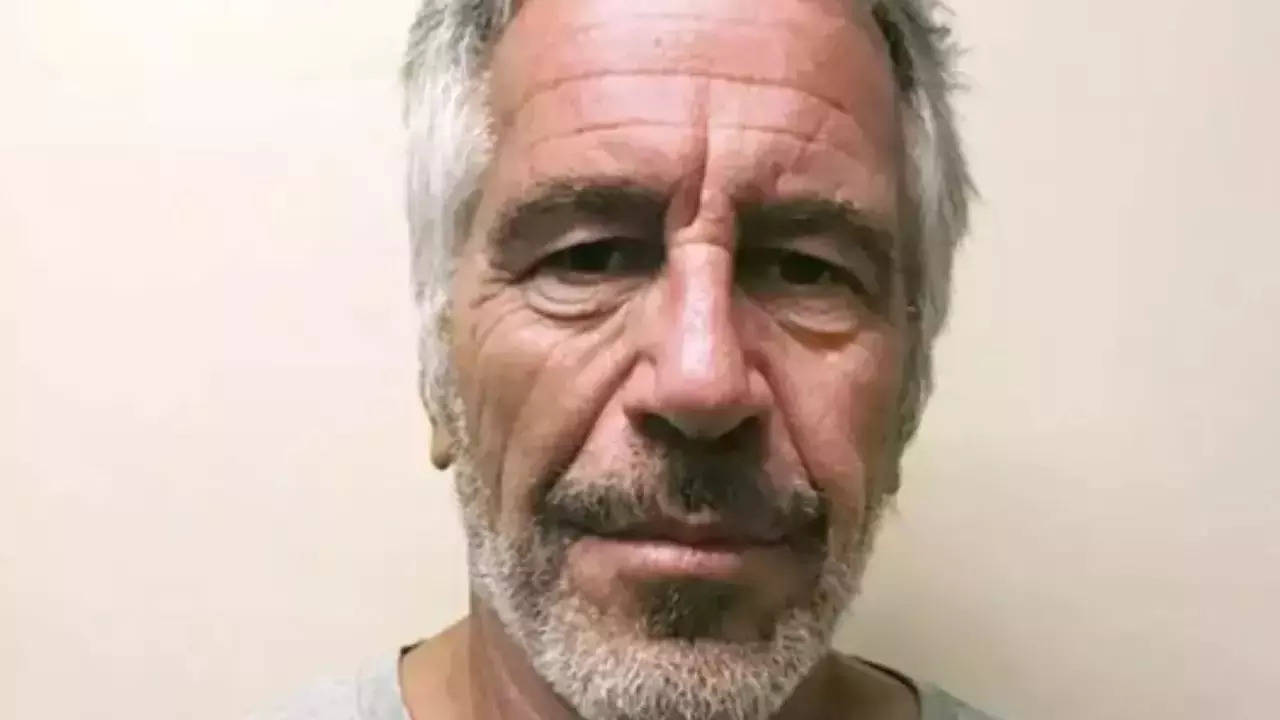Jeffrey Epstein‘s 2008 guilty plea for soliciting minors for prostitution in Florida marked a controversial moment, given the potential federal indictment he faced that could have led to a lifetime in prison. Despite this, Epstein’s connections with the world’s elite continued even after his conviction. A recent resurgence in interest around Epstein’s notable contacts has emerged due to new documents from a civil lawsuit.
According to a USA Today report, Epstein’s ability to maintain his network is attributed to his relationships with wealthy individuals across various sectors and his significant philanthropic contributions.Despite having to register as a sex offender after his plea deal, Epstein remained socially active with influential figures. David Ring, a lawyer representing sexual abuse victims, noted that some distanced themselves from Epstein post-2008, while others remained due to his power and wealth.
Epstein’s interactions included scheduled meetings with prominent figures like Bill Gates and former Israeli Prime Minister Ehud Barak. Gates, who met Epstein for philanthropic reasons, now regrets these interactions. The #MeToo movement in 2017 altered the public’s tolerance towards associating with individuals with criminal convictions or reputations for impropriety.
Observers have noted a generational aspect to this tolerance, citing the pre-#MeToo mindset of Epstein’s era. Prominent individuals like former presidents Bill Clinton and Donald Trump had connections with Epstein before his Florida guilty plea. Their association reflects a time when power and wealth could shield one from consequences.
Despite Epstein’s 2019 arrest on federal sex trafficking charges and subsequent suicide in jail, his social circle continued to include various celebrities and politicians. His connections with these individuals have led to controversies and conspiracies, particularly among political opponents.
The emergence of Epstein’s extensive network through recent document releases has heightened public curiosity and speculation. The situation reflects broader societal issues, including gender, income, and racial inequalities in the context of sex trafficking.
However, the recent disclosure of court filings concerning Jeffrey Epstein’s criminal activities have largely echoed existing information, lacking the groundbreaking revelations or identification of new perpetrators that many had anticipated.
Epstein was charged with soliciting sex from minors and subsequently spent 13 months in a jail-based work release program. Widespread indignation, fueled by investigative journalism from the Miami Herald, ultimately led to the initiation of new sex trafficking charges by federal prosecutors in New York in 2019. Epstein, facing these charges, committed suicide in his federal jail cell before his trial could commence.
According to a USA Today report, Epstein’s ability to maintain his network is attributed to his relationships with wealthy individuals across various sectors and his significant philanthropic contributions.Despite having to register as a sex offender after his plea deal, Epstein remained socially active with influential figures. David Ring, a lawyer representing sexual abuse victims, noted that some distanced themselves from Epstein post-2008, while others remained due to his power and wealth.
Epstein’s interactions included scheduled meetings with prominent figures like Bill Gates and former Israeli Prime Minister Ehud Barak. Gates, who met Epstein for philanthropic reasons, now regrets these interactions. The #MeToo movement in 2017 altered the public’s tolerance towards associating with individuals with criminal convictions or reputations for impropriety.
Observers have noted a generational aspect to this tolerance, citing the pre-#MeToo mindset of Epstein’s era. Prominent individuals like former presidents Bill Clinton and Donald Trump had connections with Epstein before his Florida guilty plea. Their association reflects a time when power and wealth could shield one from consequences.
Despite Epstein’s 2019 arrest on federal sex trafficking charges and subsequent suicide in jail, his social circle continued to include various celebrities and politicians. His connections with these individuals have led to controversies and conspiracies, particularly among political opponents.
The emergence of Epstein’s extensive network through recent document releases has heightened public curiosity and speculation. The situation reflects broader societal issues, including gender, income, and racial inequalities in the context of sex trafficking.
However, the recent disclosure of court filings concerning Jeffrey Epstein’s criminal activities have largely echoed existing information, lacking the groundbreaking revelations or identification of new perpetrators that many had anticipated.
Epstein was charged with soliciting sex from minors and subsequently spent 13 months in a jail-based work release program. Widespread indignation, fueled by investigative journalism from the Miami Herald, ultimately led to the initiation of new sex trafficking charges by federal prosecutors in New York in 2019. Epstein, facing these charges, committed suicide in his federal jail cell before his trial could commence.
